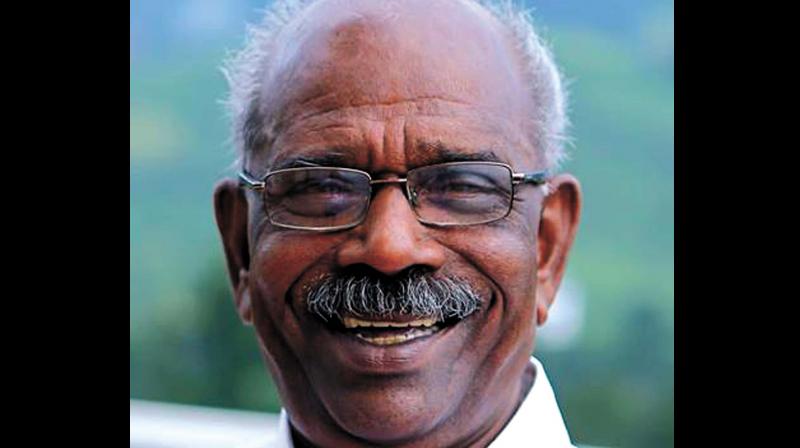Kerala: Illegal' orders miff officers
None of the officers wants to stick their neck out because topmost bureaucrats are in for brief spells as Chief Secretary.

THIRUVANANTHAPURAM: Power minister M.M. Mani’s choicest expletives on civil servants are hard to stomach, but the state government’s directives to bureaucrats to inform it before clamping Section 144 under CrPC and consult people’s committees to identify encroachers on government land have unnerved bureaucrats, who say the orders are “illegal”. The Kerala IAS Officers Association members are exchanging notes on the unprecedented development among themselves, but do not want to register a formal complaint with the government, which would be seen as taking sides in a full-blown turf war between the CPM and CPI.
An association leader quipped: “We’ve been caught in the crossfire, so if we agitate the matter collectively, it will add a new dimension to the LDF conflict. We have moved the issue through our internal channels so that the higher-ups realise the folly of passing dubious orders that will not stand in judicial scrutiny”.
None of the officers wants to stick their neck out because topmost bureaucrats are in for brief spells as Chief Secretary. Worse, even if some of them want to speak their minds, their political bosses are in no mood to listen.
In question is Chief Minister Pinarayi Vijayan’s statement: “At Pappathicholayil, Section 144 was imposed without the knowledge of the police at 1 am and the cross was demolished in the morning. Even though the collector has the powers to clamp ban orders, such powers are usually exercised only in consultation with the police”. However, Section 144 concerning the “power to issue order in urgent cases of nuisance of apprehended danger”, says: (1) In cases where, in the opinion of a District Magistrate, a Sub-divisional Magistrate or any other Executive Magistrate specially empowered by the state government in this behalf, there is sufficient ground for proceeding under this Section and immediate prevention or speedy remedy is desirable, such Magistrate may, by a written order stating the material facts of the case and served in the manner provided by Section 134, direct any person to abstain from a certain act or to take certain order with respect to certain property in his possession or under his management, if such Magistrate considers that such direction is likely to prevent, or tends to prevent, obstruction, annoyance or injury to any person lawfully employed, or danger to human life, health or safety, or a disturbance of the public tranquility, or a riot, of an affray.
(2) An order under this Section may, in cases of emergency or in cases where the circumstances do not admit of the serving in due time of a notice upon the person against whom the order is directed, be passed ex parte”. There are a few more sub sections, but nowhere does the law say “apprise the government” except when the ban order has to remain in force for than two months. Sources explain it is the discretion of the officer on the scene that counts (not even the district collector if the sub-collector alone is on the scene) because s/he alone is accountable in a court of law.
Yet another direction by Mr Vijayan said: “The government is trying to solve pending issues with the cooperation of the people. Which is why a joint meeting of political leaders, leaders of socio-religious organisations, environment activists and media persons needs to be held” before implementing land encroachment decisions. “Demolishing cross with the assistance of the Land Protection Force and without informing the police is wrong... have to take people’s representatives into confidence. ...consult power minister M.M. Mani, who hails from the district, on such issues”. To this, sources say the revenue officer, who takes decisions under the provisions of the Land Conservancy Act, solely has the power to determine the encroacher on government land and whether the encroacher has to be evicted. The accountability rests with the officer, not the people’s committee or the minister who has political stakes in the area. This being the legal position, the civil servants can either go by the Chief Minister’s expediency logic for all-round consultations and delay action or stick to the rule book and be prepared to be despatched to “asylums”.

